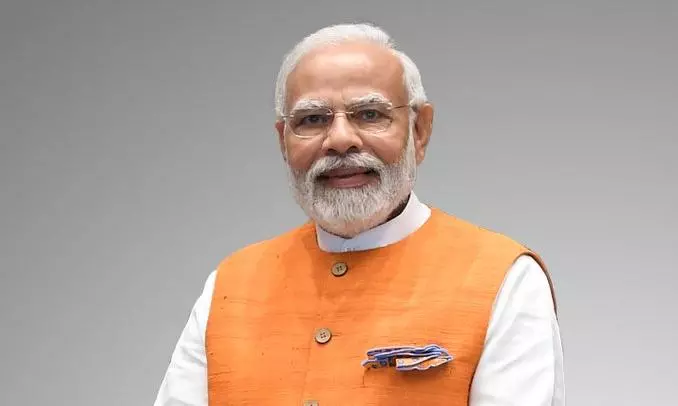UPI Services Will Begin in Sri Lanka and Mauritius

The launch of the service in India's southern maritime neighbours -- Sri Lanka and Mauritius -- is the latest in a series of moves by India “towards making UPI global” and demonstrating the strength of the Indian digital platform abroad.
Earlier this month, France had launched the UPI at the iconic Eiffel Tower in Paris. The Prime Minister had described the launch as a “wonderful example of encouraging digital payments and fostering stronger ties.”
“India has emerged as a leader in fintech innovation and digital public infrastructure. The Prime Minister has placed a strong emphasis on sharing our development experiences and innovation with partner countries. Given India’s robust cultural and people-to-people linkages with Sri Lanka and Mauritius, the launch will benefit a wide cross-section of people through a faster and seamless digital transaction experience and enhance digital connectivity between the countries,” the Ministry of External Affairs said.
“The launch will enable the availability of UPI settlement services for Indian nationals travelling to Sri Lanka and Mauritius as well as for Mauritian nationals travelling to India. The extension of RuPay card services in Mauritius will enable Mauritian banks to issue cards based on the RuPay mechanism in Mauritius and facilitate usage of RuPay cards for settlements both in India and Mauritius,” it added.
A year ago, real-time payment linkage between the UPI of India and PayNow of Singapore was launched. Singapore had become the “first country with which cross-border person-to-person (P2P) payment” was launched with a view to “helping the Indian diaspora in Singapore, especially migrant workers and students, and bringing the benefits of digitalisation and fintech to the common man through the instantaneous and low-cost transfer of money from Singapore to India and vice versa.

